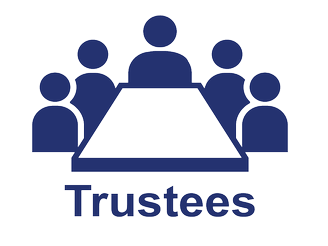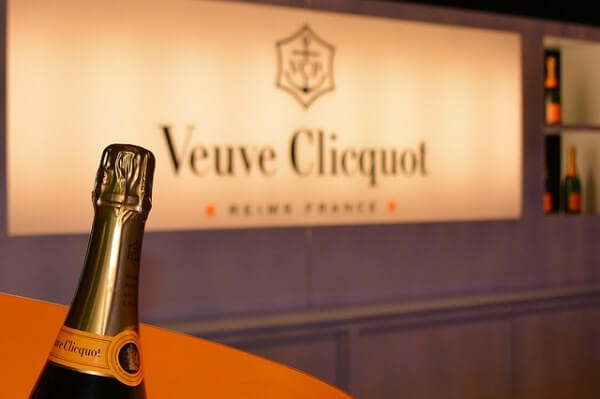
Let’s Celebrate the role of a trustee
Yesterday was Kindness Day, and today we are halfway into Trustee Week, a good reason to thank all trustees and to attract new ones*. Being a trustee is…
February 13th 2011
Alongside the delight of being Chief Executive of LEYF, I am also chair of Paddington Farm Trust. Established as a charity 20 years ago and now operating as a social enterprise, the Trust provides farm holidays and educational activities for people living in poor urban areas (people more typically disadvantaged by poor physical health, mental illness, economic pressures or simply life circumstances). The farm itself is based in Somerset and was donated to a group of far-seeing community activists from Paddington at the end of the reign of the GLC; Big Society already successfully at work back in the 1980s.
So this weekend, my fellow trustees and I worked on the annual strategy; and most importantly focused on how we can make up the shortfall from losing our grant which previously made up 12% of our income. On top of that, we are equally unsure how many of our regular visiting groups (themselves supported by their local authorities) will cease to visit.
Whilst a holiday may well be seen as a luxury in these austere times, supporting the fragile wellbeing of lonely, elderly poor people, those coping with mental or ill health and those recovering from drug and alcohol dependency (not to mention children of all ages from ugly concrete inner city estate) is critical. Many of these people are already suffering the consequences of a lack of early intervention and have seen their lives unravel by circumstances out of their control. Few of us are ever more than a few small steps away from disaster; we all try to organise our lives to avoid it, but some have no margin in the face of such overwhelming obstacles. Last year’s Marmot Report confirmed the five key indicators which could help predict future health: life expectancy, disability-free life expectancy, child development at five, young people out of work and households on means-tested benefits. The report examined local authority data and found inequalities in all areas, leading the government to announce a desire to improve the health of the vulnerable. Quite right; so don’t limit their chance of having a holiday with such huge benefits, from better health to learning new skills.
Back at LEYF, we have always taken a group of up to twelve children to the farm for five days without their parents. The holidays have been universally successful, and the benefits to children and their parent(s) huge. We have never had to come back early and the trust between parents, children and staff has been wonderful; a very clear example of Big Society in action. Recently, however, we have found it harder to get parents to agree to the ‘risk’ of allowing their children to go on such a break. Caught between guilt and anxiety, they have reluctantly rejected the offer – not least worried they will be seen as bad parents if anything goes wrong. Is it any wonder? Today’s parents are constantly scrutinised by the press, the government and statutory agencies – and so many have lost their self-confidence to do what feels right for them and their children. In addition, they are operating within an invidious horribleness (again perpetrated by mainstream media), that adults who work with children are closet paedophiles who, given half the chance, would harm their sons or daughters. The shocking truth is that actually children are at much greater risk of harm from within their own family. What we really need is to put more faith in the fortitude of warm, trusting individual relationships as the basis for more positive human relationships in general.
I left the farm more determined than ever. And then listening to Radio 4 on my way back, an interview with Francis Maude MP challenged him with the findings of a survey in the Independent on Sunday, proclaiming that while 67% of people had heard of the Big Society, 41% thought it was a cover up for cuts to public sector services. Is this right?
I had just been on the farm with a bunch of volunteers like Steve, who is designing and building an outdoor classroom from trees in our coppice, which in turn were planted by volunteers from BTCV. None of them needed encouragement to give their time so generously; they already wanted to give something back to society.
Despite its social enterprise business model, the farm is under pressure because we simply don’t know if we can rely on some of our regular customer groups. LEYF is also facing cuts in contracts for children in need, leaving us nearly one million pounds short this year. But will these cuts affect our attitude to Big Society – or will it simply make us more enterprising and determined; angry and more relentless in our fight for what we believe to be human rights? It’s hard to say right now, but while I am surrounded by people who are altruistic and unselfish, my spirit remains uplifted and I will continue to find ways to overcome the inhibiting attitudes and self-fulfilling prophecies of the doom and gloom brigade.

Yesterday was Kindness Day, and today we are halfway into Trustee Week, a good reason to thank all trustees and to attract new ones*. Being a trustee is…

If anyone ever asked me what my favourite Champagne was, I would have struggled to answer and probably remark on the benefits of the affordable Prosecco. However, since my recent…
Many of you have broken up this weekend (or broken down!) and the rest of us continue to work flat out until Christmas Eve (another reason to support nurseries designed to…